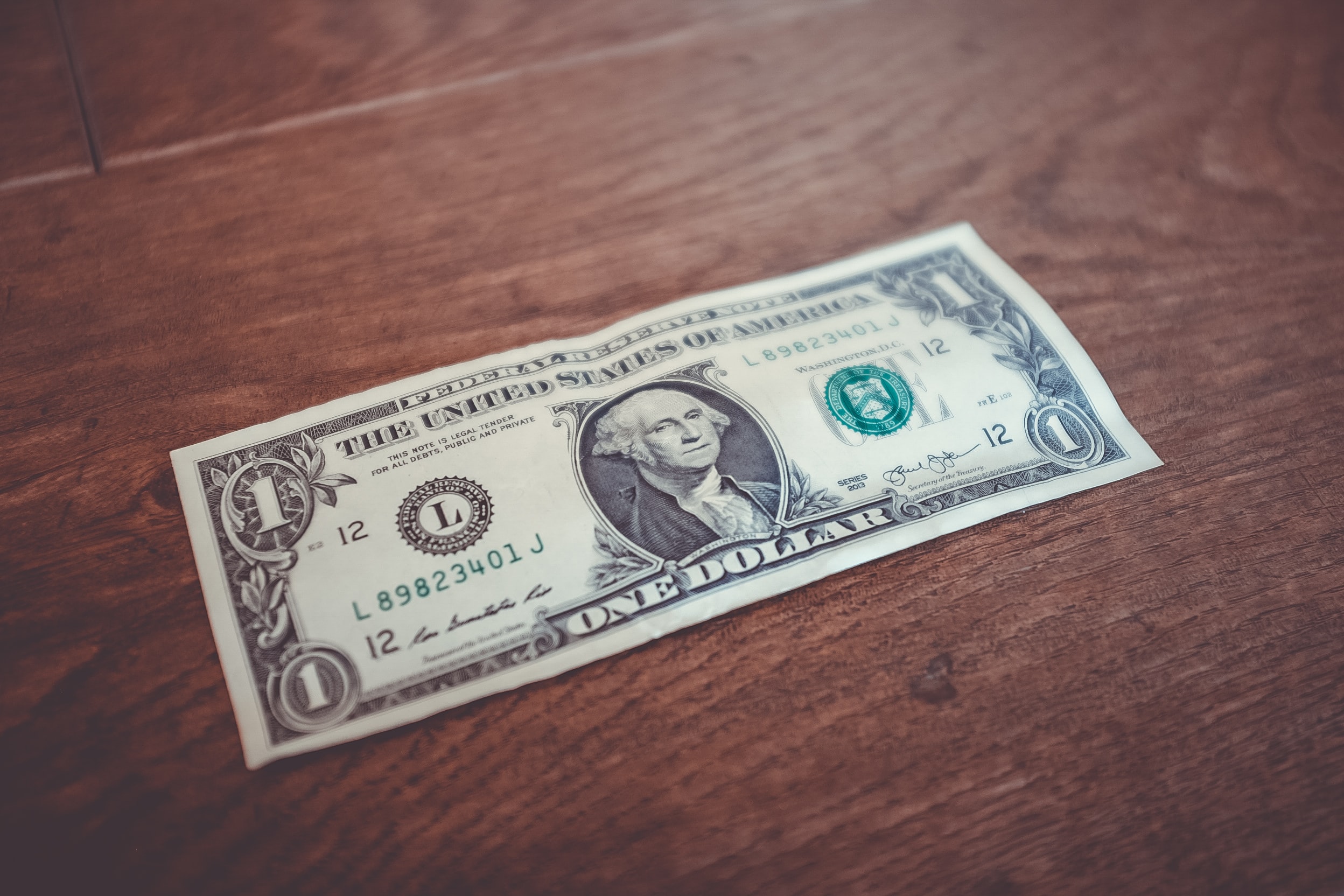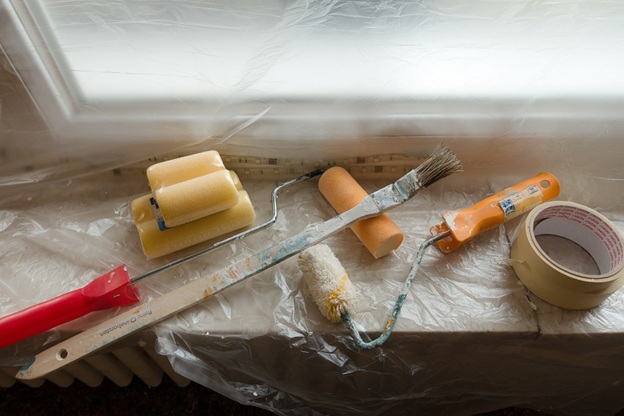For seniors looking for a new venture, house flipping offers a compelling blend of creativity…

Improving your credit score before you apply for a home loan is a good idea. Lenders pull your financial history when evaluating your credit worthiness, so why not do it before they do and and see where you can make improvements?
It won’t be a quick process, but slow and steady will win this race. It took time to build your credit history and it will take time to repair it, too. Make some time to review your credit history and follow these quick tips for improving your credit score.
Pull Your Credit Report
First thing first, go to AnnualCreditReport.com and request a copy of your credit report. If you are thinking of buying a home in the near future, pull your report and review it immediately for errors. Go over it with a fine-tooth comb to make sure the information reported is accurate.
Things to look for include verifying your personal information is correct, including your name, date of birth, and social security number. Additionally, confirm the status of your accounts. You’re looking for any inaccurate information, such as old accounts that you paid still showing balances. It’s also incredibly important to confirm that you recognize every entry on your report. Make sure that everything on the report is yours and if it’s not, dispute the debt with the creditors. Pull your payment information if you need to and be prepared to submit it to the creditor. You should demand that they correct their submission to the credit bureau and provide proof to you once done. Any inaccuracies should reflect on your credit report within 30 days of the correction and depending on the issue, it can make a substantial improvement in your score.
Decide On A Plan For Improving Your Credit Score
If your report shows late payments, clean them up. Try to bring all your bills current, and then get organized. Start by making sure that you’re scheduling payment due dates around your payroll schedule. Set up revolving payments when you can and then make sure that funds are available to cover the payments when they’re due. If you have collection accounts on your report, contact the collector listed on your report and ask if they will stop reporting the debt if you make payment in full. If they agree, make sure that you get their agreement in writing before making the payment. Check your report for old information. Federal laws limit the amount of time that bankruptcies and foreclosures can impact your credit.
Eliminate Nuisance Credit Card Balances
If you have balances on a number of credit cards, consider paying them off and using only one or two cards for your purchases. Paying down credit card debt will help in improving your credit score. The credit history of using and paying revolving credit balances adds to your credit age, and the stronger that payment history, the better it reflects on your credit score.
Pay Your Bills On Time
The largest ingredient in your credit report is your every day, month-to-month management of paying bills. That means all bills. Utilities, mortgages, car payments, credit cards, everything, including library dues! If you’re planning to save for a large purchase, don’t let yourself fall behind on small bills. Those monthly bills are the meat and potatoes of your credit and improving your credit score means staying on top of them all.
The Bottom Line
It’s going to take time to take control of your finances, and it’s not going to always be easy. Improving your credit score starts with finding out what’s in your report and then reigning in control. Focus on your spending habits like a laser and in good time, your credit score will pay you back with favorable opportunities.


